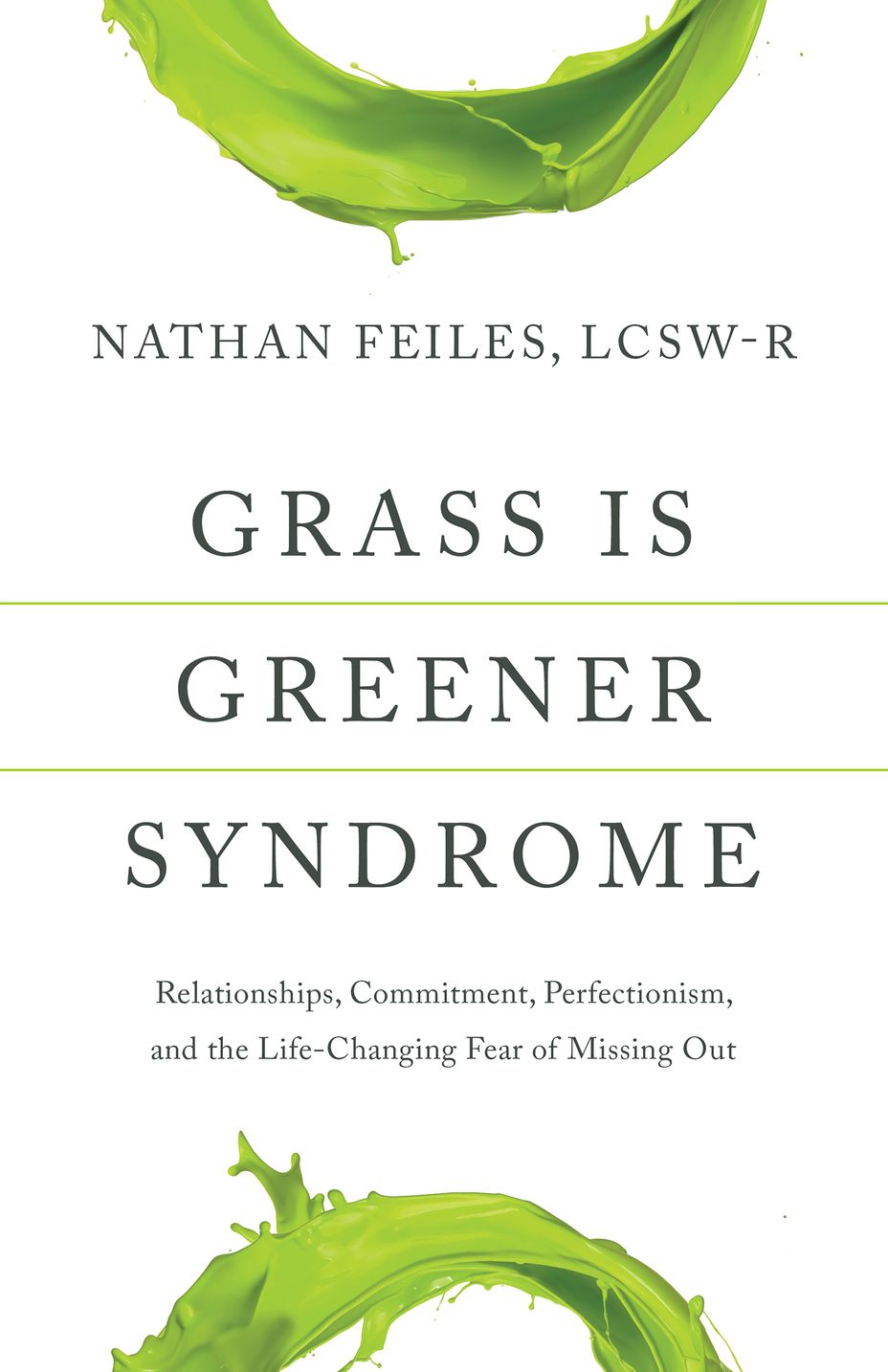Experiencing feelings of failure and underachievement can be frustrating and defeating, especially when you feel like you're capable of more, or you're doing what seems to be enough but are not feeling rewarded or appreciated for your efforts. When feeling like you're not good enough, or like you're failing at something -- a relationship, a job, etc. -- it can start to not only hurt your confidence, but can also hurt your sense of self-worth.
Feelings of underachievement, however, don’t always reflect reality. Even highly productive people may sometimes still see themselves as falling short, creating a disconnect between achieving and the perception of not doing (or being) enough. These persistent feelings of coming up short can make it difficult to experience success in relationships, work, or other aspects of life, and can actually lead to break ups, or self-fulfilling prophecies that can create the failure that you fear. For many, misaligned feelings of failure can lead to constantly looking for a better situation and repeatedly starting over, believing that the problem is external and not internal.
Perfectionism Can Cause Feelings of Failure and Underachievement
Perfectionism can be a double-edged sword. While it may help drive you to excel, it can also set unrealistic standards and expectations that actually set up disappointment and feeling like you're failing, even if you may doing enough in other people's eyes. You may constantly strive for an unattainable ideal, in the process overlooking your achievements along the way.
For many people, this can lead to a sense of imposter syndrome, and can make you feel defeated. You may start to doubt your abilities and feel undeserving of success, often feeling like you may not know what you're doing at work, or feeling like you're not enough in your relationship (which can create other relationship issues as well).
How Society Can Exacerbate Feelings of Underachievement
In today’s world, people are bombarded with images of others’ successes (or, at least the successes the others portray). This comparison culture can lead to feelings of inadequacy and failure, even when you’re succeeding in or your own life, making progress, doing enough, or being enough. Social media, in particular, often presents a curated version of reality, and for many people, comparing themselves to these images can make it easy to feel like they're falling behind or not achieving enough in their life.
A person's sense of achievement can also be significantly impacted by societal stereotypes and expectations based on gender, race, or socioeconomic status. This can create added pressure to conform or excel in specific areas, potentially overshadowing your own unique strengths and accomplishments.
Growing Up, Self-Worth, and Self-Esteem
There are a number of factors based on upbringing that can make people lean more towards perfectionism and feeling like they are constantly underachieving or failing. Issues with self-esteem, self-worth, and self-confidence can show up as part of family dynamics, difficulty socially, friction at home, being bullied at school, academic expectations, and so on.
When a child feels like they aren't good enough, or are struggling to make their mark at home with their parents, at school as a student, are struggling socially, or when things happen at home such as neglect, abuse, divorce, and more, it can be difficult to develop a strong sense of self-worth and self-esteem. For a number of deeper psychological and emotional reasons, when a person feels like they're falling short, or are not enough as a child, it often can lead as an adult to pushing harder to achieve in order to gain self-acceptance (and acceptance and approval from others). And, while you may actually be doing enough, it still can feel like you're really falling short or still failing because you may be carrying the emotional impact of your childhood with you.
Grass is Greener Syndrome
If you have read my other posts on Grass is Greener Syndrome (check my website if you're reading this elsewhere), you may have seen how perfectionism and feelings of not being enough can make it very hard to feel satisfied in life, in relationships, in work, or where you live (among other things). When you're not feeling like you are good enough and are constantly falling short with yourself, it can lead to feeling like things around you are also falling short of what you need. For many, this is a piece of the greater grass is greener cycle that can keep people in a loop of starting over and looking for the "better" scenario that's going to make them happy. However, when not addressing the deeper inadequacy leading to feelings of misaligned failure and falling short, this cycle of feeling like nothing is good enough can be hard to break.
Seeking Help and Moving Forward
If you notice a pattern within yourself that you're constantly seeming to come up short, or are at least often feel like you're not meeting expectations, or that others are disappointed in you, and so on, seeking therapy is a good place to start to work on this. If it turns out you are actually falling short, then it would be helpful to start to understand why this is happening and how to get you onto a better track. If you are actually struggling more with a sense of self-worth rather than actually falling short, then it would be good to understand this misalignment on the inside versus reality in the world so it doesn't lead to greater self-destructive tendencies.
#perfectionism #fearoffailure #grassisgreenersyndrome








